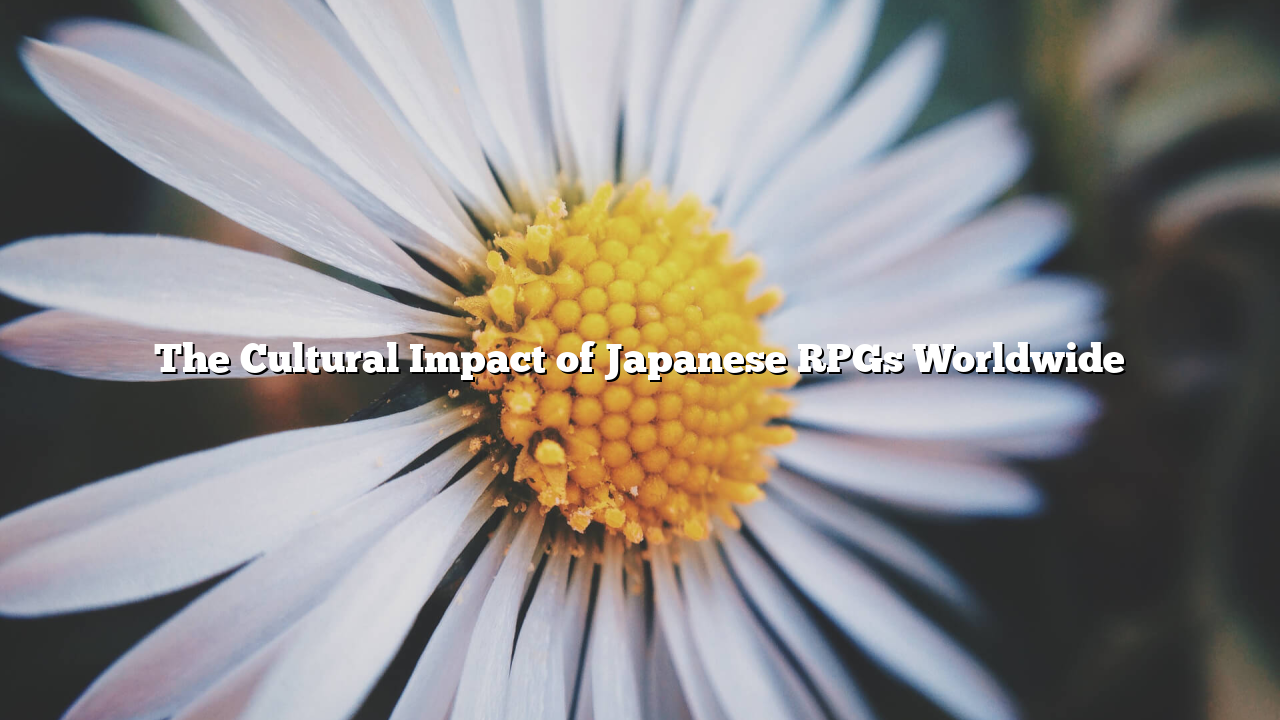Japanese RPGs (JRPGs) have had a profound influence on global gaming culture, shaping storytelling standards, character-driven narratives, and emotional rajatoto88 design philosophies. While early JRPGs drew inspiration from Western titles, they quickly established a distinct identity rooted in Japanese aesthetics and narrative sensibilities.
The release of Dragon Quest in 1986 is widely regarded as the moment JRPGs began to define their own style. Unlike Western RPGs, which emphasized open exploration and player agency, early JRPGs focused on linear storytelling, structured progression, and memorable character-driven plots. Final Fantasy, Phantasy Star, and Tales of continued this tradition, making JRPGs accessible to younger audiences and helping the genre explode in popularity throughout Japan.
By the 1990s, JRPGs began influencing global gaming culture. Final Fantasy VI, Chrono Trigger, and Secret of Mana introduced sophisticated narratives with emotional depth, challenging the idea that games were mere entertainment. These titles delivered cinematic moments, orchestrated soundtracks, and character arcs that resonated with players worldwide.
The international breakthrough came with Final Fantasy VII in 1997. Its complex narrative, dramatic themes, and impressive 3D graphics captivated audiences globally, bringing JRPGs into mainstream Western gaming for the first time. The success of this title opened the door for the localization of many other Japanese RPGs.
In the 2000s and 2010s, JRPGs expanded further into global consciousness. Franchises such as Persona, Kingdom Hearts, Xenoblade Chronicles, and Pokémon cemented JRPGs as influential cultural exports. Their music, characters, and themes inspired fan art, cosplay, films, and merchandise, demonstrating the genre’s broad cultural reach.
Today, JRPGs continue to evolve while maintaining their unique identity. Games like Persona 5, Final Fantasy XVI, and Octopath Traveler blend modern design philosophies with traditional elements, proving that JRPGs remain a vital and influential force in gaming culture worldwide.
